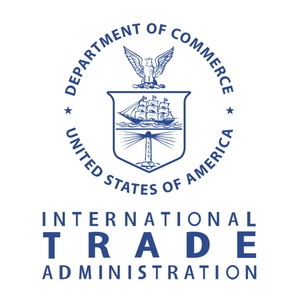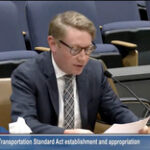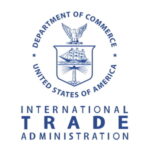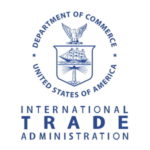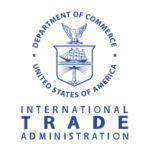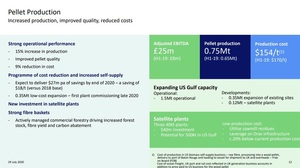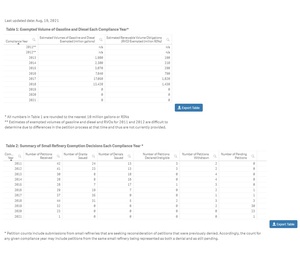ITA aims to make US clean technologies exports more competitive
Energy Disrupter
ADVERTISEMENT
The U.S. Department of Commerce’s International Trade Administration on Aug. 30 announced it is seeking public comments to help inform development of its U.S. Clean Technologies Export Competitiveness Strategy.
The strategy aims to identify key issues influencing the deployment of clean technology goods and services, highlight potential opportunities and challenges, and identify position actions for the agency and federal government to take in order to foster U.S. export competitiveness in clean technologies sectors.
For the purpose of this request for public comment, ITA said it is focused on both established and emerging clean technologies, along with tier associated goods and services that can contribution to a transition to net-zero emissions by significantly removing or reducing the greenhouse gas (GHG) emission in a specific application when compared to existing, carbon-intensity technology in the same application.
According to a notice published by the ITA, these technologies include electricity and heat production; agriculture, forestry and other land use; industry; transportation; other energy emissions not directly associated with electricity or heat production; and buildings. Some examples of clean technologies offered by the ITA include renewable fuels for road, aviation, rail, maritime shipping or other transportation; agribusiness, including anaerobic digesters and zero-emission agricultural equipment; and carbon capture, utilization and sequestration.
For the purpose of the ITC’s comment request, the agency said competitiveness entails the capacity to produce and deploy affordable, reliable, and accessible clean technologies and compete in global markets, with the overall aim of accelerating global private sector capabilities to fight the effects of climate change while also brining benefits to the U.S. economy and people.
Public comments can be submitted through Oct. 1. A full copy of the request for public comments can be downloaded from the Federal Register website.

